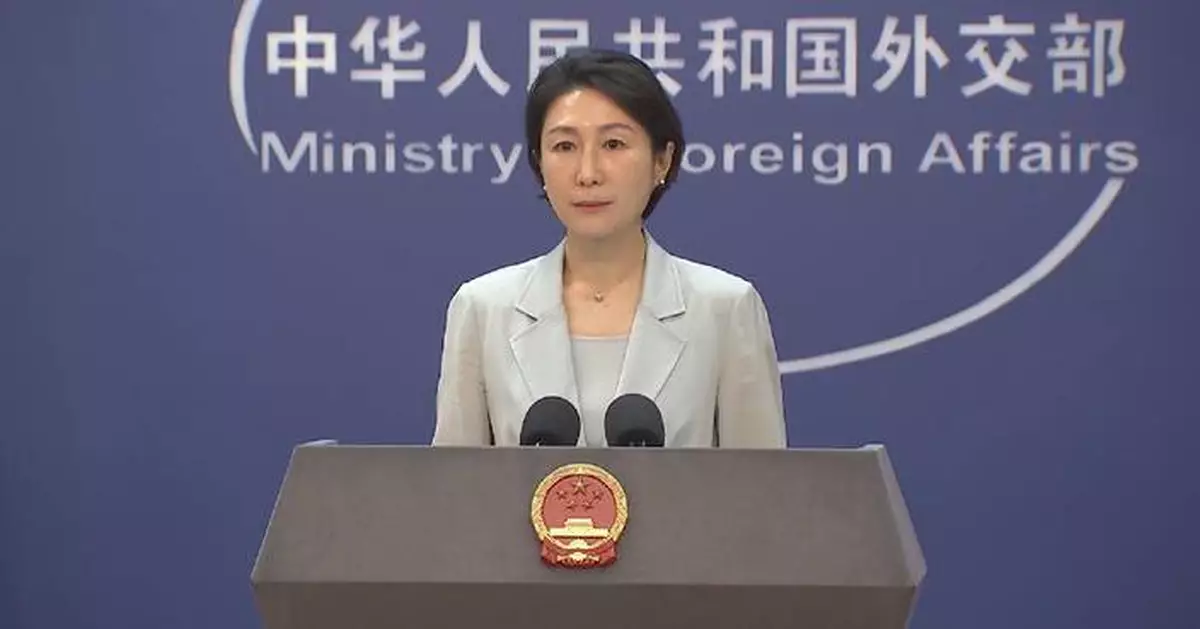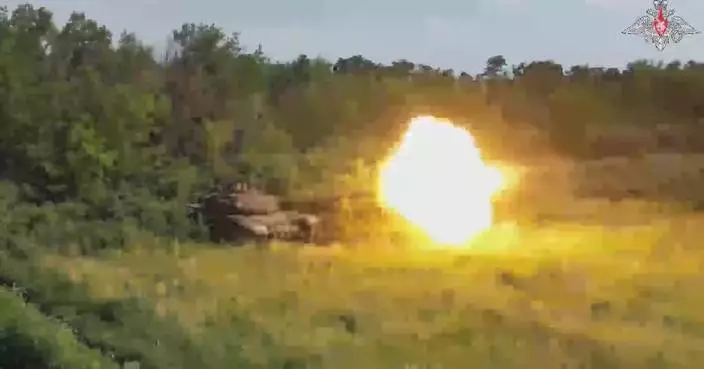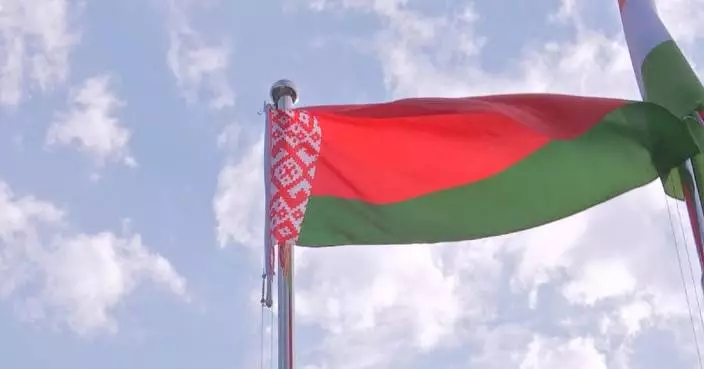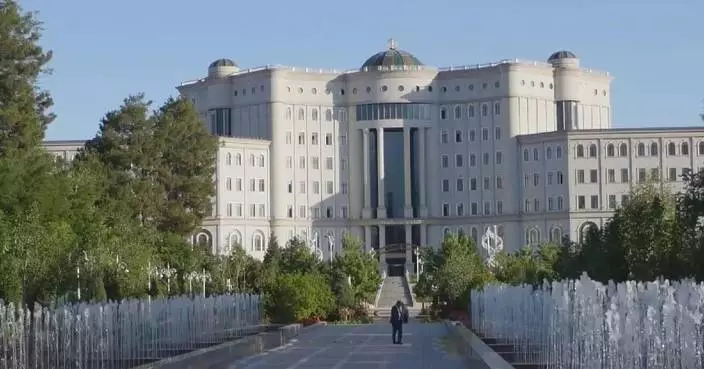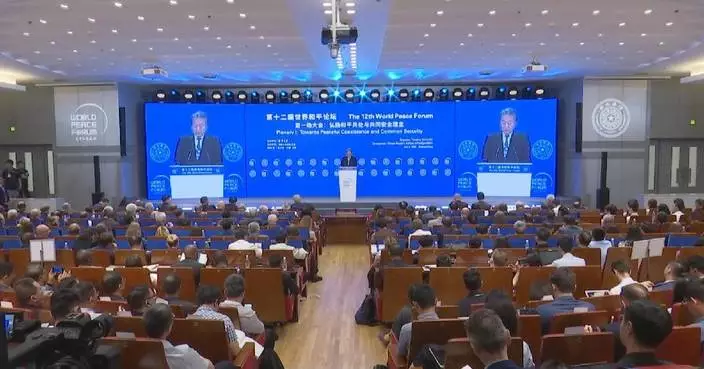Chinese President Xi Jinping's just-concluded state visit to Kazakhstan is highly productive and fruitful, Foreign Ministry Spokeswoman Mao Ning said at a press conference in Beijing on Thursday.
"At the invitation of President Tokayev of the Republic of Kazakhstan, President Xi Jinping paid a state visit to Kazakhstan from July 2 to 3. This is President Xi's fifth visit to Kazakhstan and the first visit to Central Asia by China's top leader after the 20th National Congress of the Communist Party of China [in October 2022]. This visit bears historic significance," Mao said.
Kazakhstan attached great importance to the visit, and President Tokayev personally greeted Xi at the airport and hosted a dinner for him at the president's residence, said the spokeswoman.
The two presidents held official talks for an in-depth exchange of views on bilateral relations, mutually beneficial cooperation in various areas and international and regional issues of mutual interest, she recalled.
The two presidents also jointly met the press, attended the welcoming banquet, attended the launch of the China-Europe Trans-Caspian Express via video link, and witnessed the unveiling of the plaques of the Chinese Culture Center in Astana, the Kazakh Culture Center in Beijing, and the Kazakhstan Branch of Beijing Language and Culture University.
"Xi's visit had a rich program and produced fruitful results and marked yet another milestone in the history of China-Kazakhstan relations. First, political mutual trust reached a new height. The two heads of state signed and issued a joint statement, reaffirming continued firm support to each other on issues concerning the two countries' respective core interests. Second, practical cooperation received new impetus. The two sides agreed to seek greater synergy between Belt and Road cooperation and the economic policies under a Just Kazakhstan, and deepen mutually beneficial cooperation on all fronts. Third, new outcomes were achieved in people-to-people and cultural exchanges. China will set up a second Luban Workshop in Kazakhstan and hold China tourism year activities in Kazakhstan next year," Mao said.
"And fourth, bilateral cooperation on international affairs has been further substantiated. The two sides agreed to have close cooperation within multilateral frameworks, actively implement the Global Development Initiative, the Global Security Initiative and the Global Civilization Initiative, and jointly champion an equal and orderly multi-polar world and a universally beneficial and inclusive economic globalization. China will work with Kazakhstan to deliver on the important common understandings between the two heads of state, upgrade cooperation across the board, and jointly usher in a brighter future for China-Kazakhstan relations," she said.
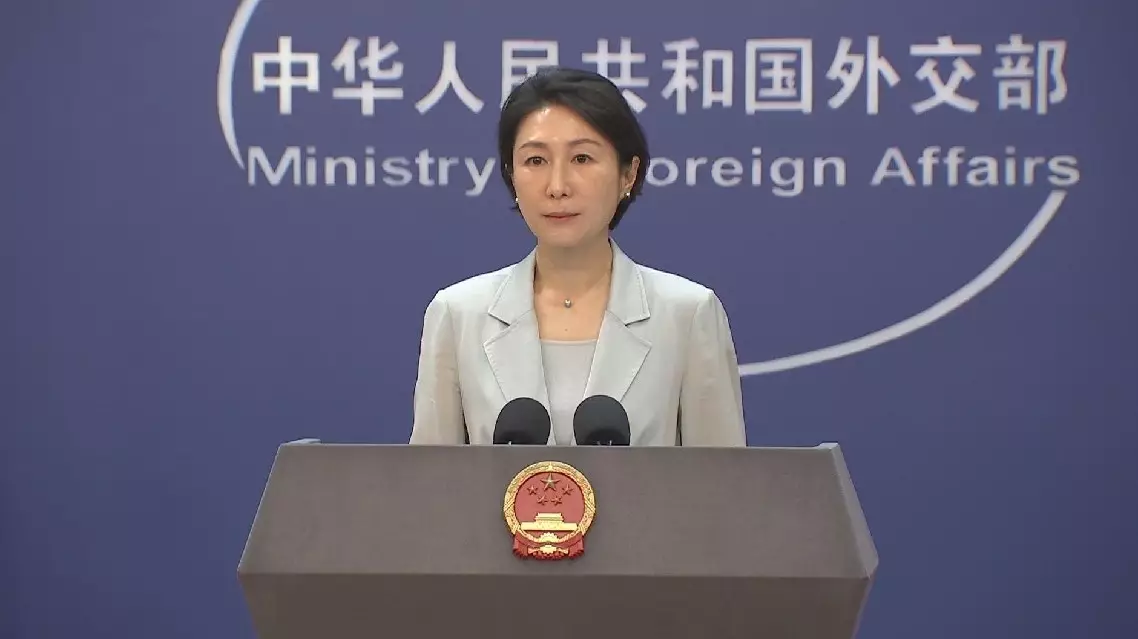
Xi's visit to Kazakhstan highly productive, fruitful: spokeswoman
A total of 177 pages of Japanese military personnel registration forms detailing their work in Unit 731, a Japanese germ-warfare unit during World War II, were made public in Harbin, the capital of northeast China's Heilongjiang Province, on Saturday.
The forms contain the personal information of 140 members of the unit, including doctors, lieutenants, medics, military employees and others, who belonged to the Linkou Division, the biggest of the four divisions set up by Unit 731 on December 2, 1940. It is also known as the 162nd Manchurian Unit.
The documents released this time also provide evidence regarding the 162nd Manchurian Unit that supported Unit 731 in conducting plague experiments. The personal files of Sergeant Shigeru Ueno from this branch shows: In April 1945, he completed "rat-catching operations" in places like Jiamusi.
According to Jin Shicheng, a researcher with the Exhibition Hall of Evidence of Crime Committed by Unit 731 of the Japanese Imperial Army, the documents show that the work of these people covered bacterial experiments and production, laboratory-animal feeding, education and training, health and epidemic prevention, and so on.
"The rat-catching operations recorded in the personal files can be mutually confirmed and mutually corroborated with previous oral testimonies and oral historical materials. Once again, these historical records confirm that 162nd Manchurian Unit collaborated with Unit 731 in conducting plague experiments and producing plague bacteriological weapons," Jin said.
The forms also show the existence of links between Unit 731 and other units. For instance, some soldiers were recruited under the names of other units, and were transferred to the Linkou Division after receiving three months of training in Unit 731.
Out of the 140 members of the Linkou Division, 84 were recruited in the name of infantry as a disguise for its war crimes.
Unit 731 was created by the Japanese Kwantung Army, which invaded northeastern China in the first half of the 20th century.
Researchers said that these archives are currently the most crucial documents known for studying the Linkou 162nd Manchurian Unit, providing key evidence for understanding the composition of its personnel and their post-war activities.
It is significant for comprehensive and accurate exposure of the crimes committed by the Japanese Kwantung Army in biological warfare. It further reaffirms that Unit 731's human experiments and bacteriological warfare were not isolated incidents but part of a systematic, organized national crime orchestrated from the top levels of Japan.
Unit 731 was a top-secret biological and chemical warfare research base established in Harbin in 1935 as the nerve center of Japanese biological warfare in China and Southeast Asia during World War II. At least 3,000 people were used for human experimentation by Unit 731 and more than 300,000 people across China were killed by Japan's biological weapons.
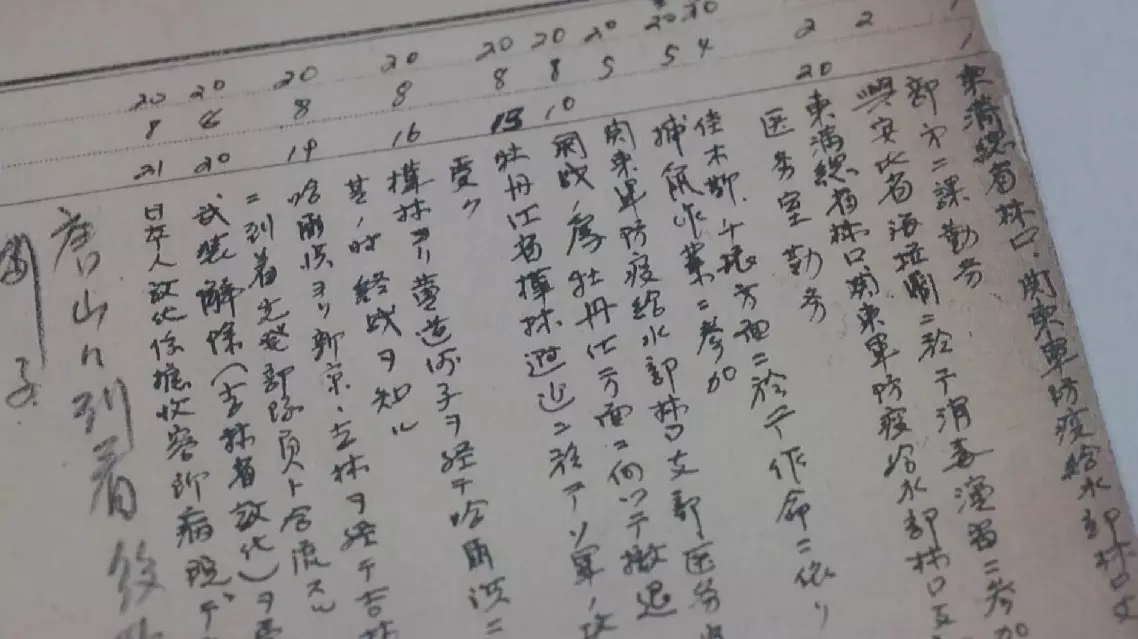
New evidence unveiled to confirm crimes of Japanese germ-warfare unit in World War II



